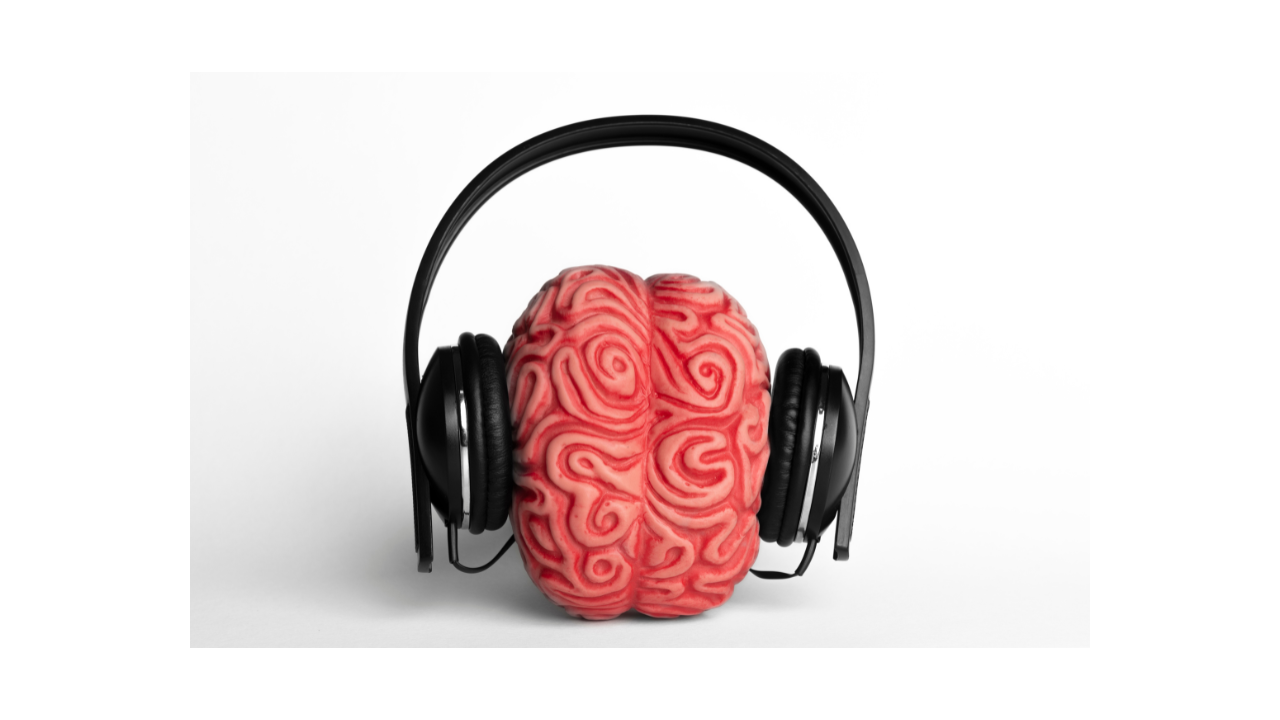Financial Self-Soothing Not What You Expect!
Oct 27, 2022
How are you feeling right now about your financial life? Stop and take a minute to check in with yourself.
Are you tense in your chest, shoulders, or stomach?
Are you taking deep breaths and curious about what you are about to read?
I have something important to share with you. How you and your partner use money has neurochemical effects on both of you, altering your emotions, feelings, and overall mood.
Stop and think about this for a minute.
Few would argue that our intimate relationships profoundly impact us on many levels. In this blog post, we will explore how neurochemicals impact how you use money and care for your intimate relationship.
Dr. Dan Sigel talks about the importance of interpersonal relationships as part of interactive regulation. In simple terms, we use our relationships to help regulate ourselves. For the most part, we do this automatically and unconsciously. Part of human nature is to use human relationships to help us stay balanced emotionally and neurochemically.
Intimate Relationships and Neurochemicals

There are four neurochemicals I would like to introduce you to or remind you of. Each plays an essential role in helping us to navigate our social world and show up as we navigate our financial lives. The four neurochemicals are Oxytocin, Dopamine, Adrenaline, and Endorphines, and each one can be activated individually or in combination with others.
In Simple Terms
Oxytocin - Is known as the love hormone
Dopamine - Is known for pleasure, satisfaction, and motivation
Adrenaline - Is known for alertness, anxiety, and fight or flight
Endorphines - Are known as being a pain reliever
Marketers have long understood their ability to impact your emotional state and then use that altered state of mind to sell their goods or services. Can you say diamond commercials, incredible cruise vacations, or just about anything else?
The best marketers know that it is through story and emotion that they move people to make decisions to spend their money. Now there is a whole field called neuromarketing which uses brain science to help marketers tailor their messaging to you and influence you at a psychological (mind) and physiological (body) level because they are deeply related.
Have you ever bought something for your spouse, thinking this would make them happy (dopamine release) and show your love (oxytocin release) but then be met with disappointment? Your anticipation of your partner receiving your special gift can raise your oxytocin and dopamine levels. Then if you are not met with the expected level of appreciation and excitement, you can come crashing down.
Neurochemicals are the silent notes playing in the background shaping many of your love and money experiences. We are more than our neurochemicals, and at the same time it is essential to consider how our neurochemical levels shape our love and money experiences. And more importantly how effective our mind, brain and body are at regulating the flow of neurochemicals.
Financial Therapy Leads to Financial Planning
Mark and Patricia have been married for 15 years and have three children. James is 16 and from Mark’s first marriage. Samuel, who is 14, and Jenny, who is 11. Mark grew up in a family that used money to show love (read oxytocin releases). Mark watched his dad buy fancy trips for his mom to keep her happy (dopamine release), especially when she was upset and disappointed with him.
From this Mark learned to use fancy trips to repair relationship ruptures instead of relationship skills like active listening, empathy, compassion, and self-awareness to address relationship problems.
On the other hand, Patricia grew up with an alcoholic father and a mother who was often depressed. Patricia was the oldest of three and often took charge and responsibility (adrenaline releases) for the family, especially when she started working to make money to support her siblings.
Patricia learned to “just work harder” when things are tough. She had become so familiar with running on high all the time that she could not imagine slowing down and becoming self-reflective.
Mark and Patricia came to couples financial therapy because Mark had just told Patricia how much debt they were in and that they could no longer do the fancy trips they had been taking. Patricia felt blindsided and betrayed by this disclosure. They both worked hard, were smart, and made “great money”. They were stuck figuring out where they went wrong.
Peeling back the layers deeper help Mark and Patricia realize and start to heal their money wounds. Mark connects with the reality that his father did not have the relational skills to repair relationship hurts and misunderstandings with his wife and instead used fancy trips. Mark learns how to use relationship skills to address misunderstandings between he and Patricia. With repeated practice, they form a deeper relationship with each other, releasing more oxytocin and dopamine without buying fancy trips that put them in debt.
Patricia works with her emotional and functional abandonment from her childhood and starts to recognize that when her heightened sense of responsibility goes coursing through her veins, high amounts of adrenaline get released. One thing she can do is slow down and not make any decisions about buying or spending for their family.
As Patricia and Mark work through their financial therapy, they start to consider the role of financial planning as part of their financial therapy. They learn that financial planning starts with setting balanced and healthy limits and opportunities to meet their present needs and realities and plan for their future in a way that works for them.
Financial Planning as Financial Therapy

When Mark and Patricia first meet with a financial planner, they both feel apprehensive and uncertain about what to expect. They know that this is something they should have done sooner in their careers but they have both felt overwhelmed by the prospect of looking at their whole financial life together.
Fortunately, the financial planner has taken some training in financial therapy and appreciates the complexity of a couple’s personal relationship with money. The financial planner walks Mark and Patricia through gathering all of their financial information in one place and starting to see both the whole and parts of their financial life in one place.
Mark is relieved to learn during the financial planning process that they do not have to give up taking amazing trips, but they can come as part of the family plan and not a reaction to when Patricia gets upset with him. On the other hand, Patricia appreciates seeing how the financial plan helps both of them balance responsibilities for buying clothing, house furnishings, school fees, and sports registration costs.
The financial planner assures Mark and Patricia that over the next couple of years, by working together, they will progress in all the significant areas of their financial life together. They don’t have to tackle it all at once, but they can start to put more and more financial planning pieces together to help provide them with the peace of mind that their financial life is headed in a direction that works best for them.
Additionally, the financial planner encourages them to continue with their couples therapy to strengthen their relationship skills and heal wounds from their childhood that impede their relationship and financial life—leading to deeper levels of emotional and financial intimacy in their shared lives. From these deeper places of intimacy, Mark and Patricia grow closer together and start to set a new example for their children about healthy relationships.
Healing and Neurochemicals In Balance
Being on the journey of healing will benefit you psychologically, physiologically, relationally, and financially over time. It is essential to pay attention to all the levels of being human, including the neurochemical level. If we get too low on the experiences of oxytocin and dopamine, our mental and relational health will suffer. It can be helpful to work with an endocrinologist to get your hormone and neurochemical levels checked.
It is well-established in trauma treatment that what’s known as the HPA-Axis becomes over- and under-activated throughout childhood trauma. It is this HPA-Axis that impairs the regulation and flow of neurochemicals. While Mark and Patricia do not see themselves as children with trauma in their childhood, from a brain perspective, they had parents who could not use healthy brain and mind processes to emotionally and relationally engage with them.
This does not mean that their parents did not love them. It does mean that they did not have all the knowledge, relational skills, and abilities they needed to help their children develop the intrapersonal skills (how to be with yourself) and interpersonal skills (how to be with others) needed.
As we experience ourselves, our intimate relationships, and the social world that we live in, our neurochemicals and hormones shape our experience. Taking the time to grow your awareness and appreciation for the many levels on which you work is well worth the journey.
The next time you are shopping on Amazon, entering Costco or scrolling your favorite travel website you can ask yourself what neurochemicals are at play or what neurochemicals I am trying to activate for yourself or partner.
At a practical level, you can ask yourself, am I low on feeling loved, excited, or am I in pain and trying to release it? Each are possible motivations for your shopping. There are no wrong answers, but there may be less expensive and more relationally validating experiences that can help you.
If you want additional support in developing more financial self-soothing, then it's time for Therapy Informed Financial Planning. Let's talk more about how this can help, schedule your free 30-minute discovery call.
Wishing You Healthy Love and Money,
Ed Coambs,
MBA, MA, MS, CFP®, CFT-I™, LMFT
Curious About Your Attachment Style?
Take the Attachment Style Quiz now and learn how it impacts your relationships, finances, and life!



